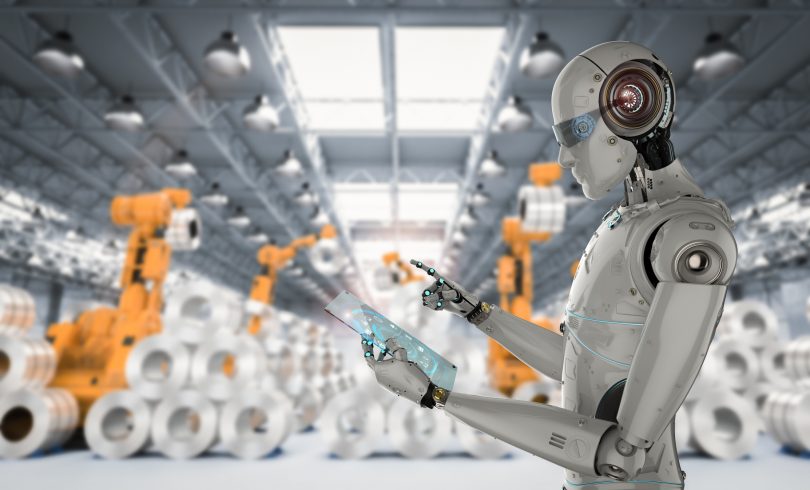The decline in GDP in our country, according to the forecasts of the International Monetary Fund and the Spanish government itself, leads us to reflect on the consequences the pandemic will have on us, and how we can turn this situation around, allowing us to emerge stronger.
There’s a concept that has always caught my attention, and that is the “democratization” of everything. This includes access to education, access to technologies, such as the internet, or any type of need that society or a broad spectrum of people may have. Considering the reasons for facilitating these solutions, we can interpret it as being for the benefit of users, viewing it as a need they have the right to be met, and that in the medium term, it will be beneficial for society as a whole.
Robotherapy aims to democratize automation technology in industrial processes, whether through collaborative or industrial robots, specialized machinery, or IT management systems that help reduce factory overhead and increase resources toward the true value proposition that customers truly need.
Considering the crisis our country is experiencing, and focusing on the forecasts indicated by international organizations, it is our obligation to provide remedies and treat it as a curable disease. In this case, we can call it “Robotherapy,” since Sinfiny’s intention is to achieve the implementation of automation in all Spanish industrial companies.
Those responsible for implementation in each of the companies, regardless of whether they are in the production, operations, finance, or general management departments, have many doubts about the start-up costs, the involvement of the technical team, execution times and adjustments—in short, the investment the company must make versus the benefits it can provide.
The experience accumulated by Sinfiny and its engineers has led us to confirm that the return on investment made by companies is estimated between 6 and 14 months, depending on the impact on handling and the complexity of the operations.

In any case, the benefits obtained go beyond the economic aspect, also encompassing improved productivity, reduced sick leave, improved image positioning as an innovative and technological company, and, of course, increased employee motivation, as they feel integrated into a company that is evolving and viable for the future.
One example of democratization I love is Decathlon, which has been able to offer products for any sport and to any type of customer, at very affordable prices and with high performance. This is our goal at Sinfiny: to support the automation and implementation of robotic systems for all companies that perform repetitive activities without adding value.
Are we aware of the importance of digitalization and industrial automation?
We have the feeling that much of the awareness of the need to digitize industries is the responsibility of business owners and managers, and indeed, this is the case! But we cannot undermine the role of political circles, given that the push toward reindustrialization, even riding the wave of the Fourth Industrial Revolution, requires institutional support, not only in the form of public funding, but also in the training and development of professionals capable of familiarizing themselves with new technologies, in tax breaks for the initial years in which investments are disbursed and companies adapt, and, of course, in the dissemination of the advantages generated by automation in industries.
At Sinfiny, we engineers are putting on our medical gowns and trying to develop a vaccine capable of positioning Spanish industry above tourism, which, while important, we have seen its weaknesses in difficult times.
Let’s develop treatments for all pandemics, not just health ones, but also economic ones. Robot therapy helps us improve the symptoms of industrial weakness, combat demotivation and sick leave, and increase the positioning of Spanish factories in the global environment.
